For over 60 years, the Knights of Columbus, a Catholic fraternity, have held a Memorial Day mass at the Poplar Grove National Cemetery in Virginia.
However, this year they face a significant obstacle as the National Park Service (NPS) has labeled the religious service as a ‘demonstration,’ leading to its prohibition at the Petersburg site.
Allegations of Religious Discrimination
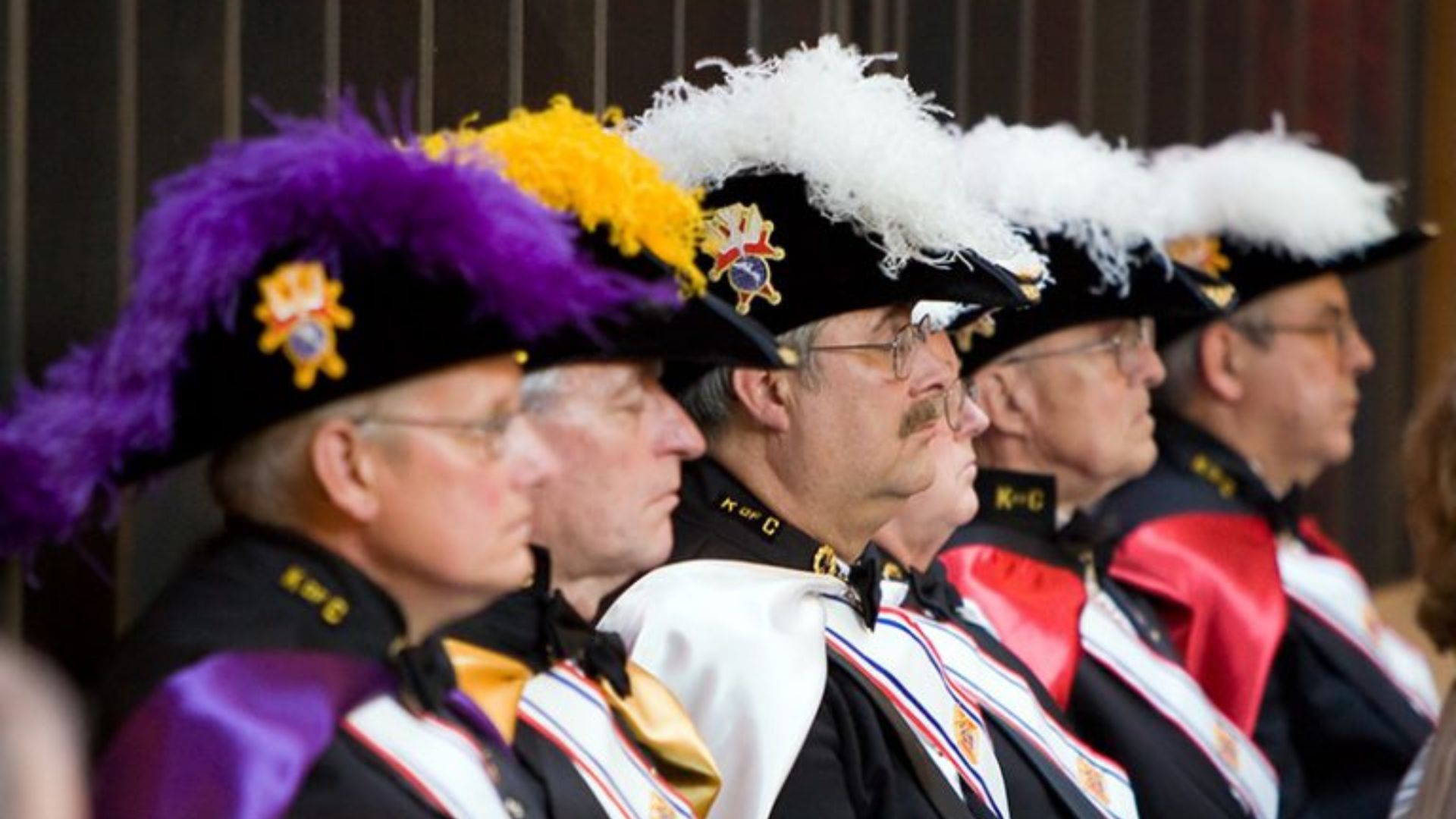
The Knights of Columbus have initiated legal action against the White House, claiming the decision constitutes religious discrimination.
This action was triggered when the NPS applied a policy that previously did not affect their annual mass, leading to the current ban and subsequent legal challenge from the group.
Legal Standpoint on First Amendment
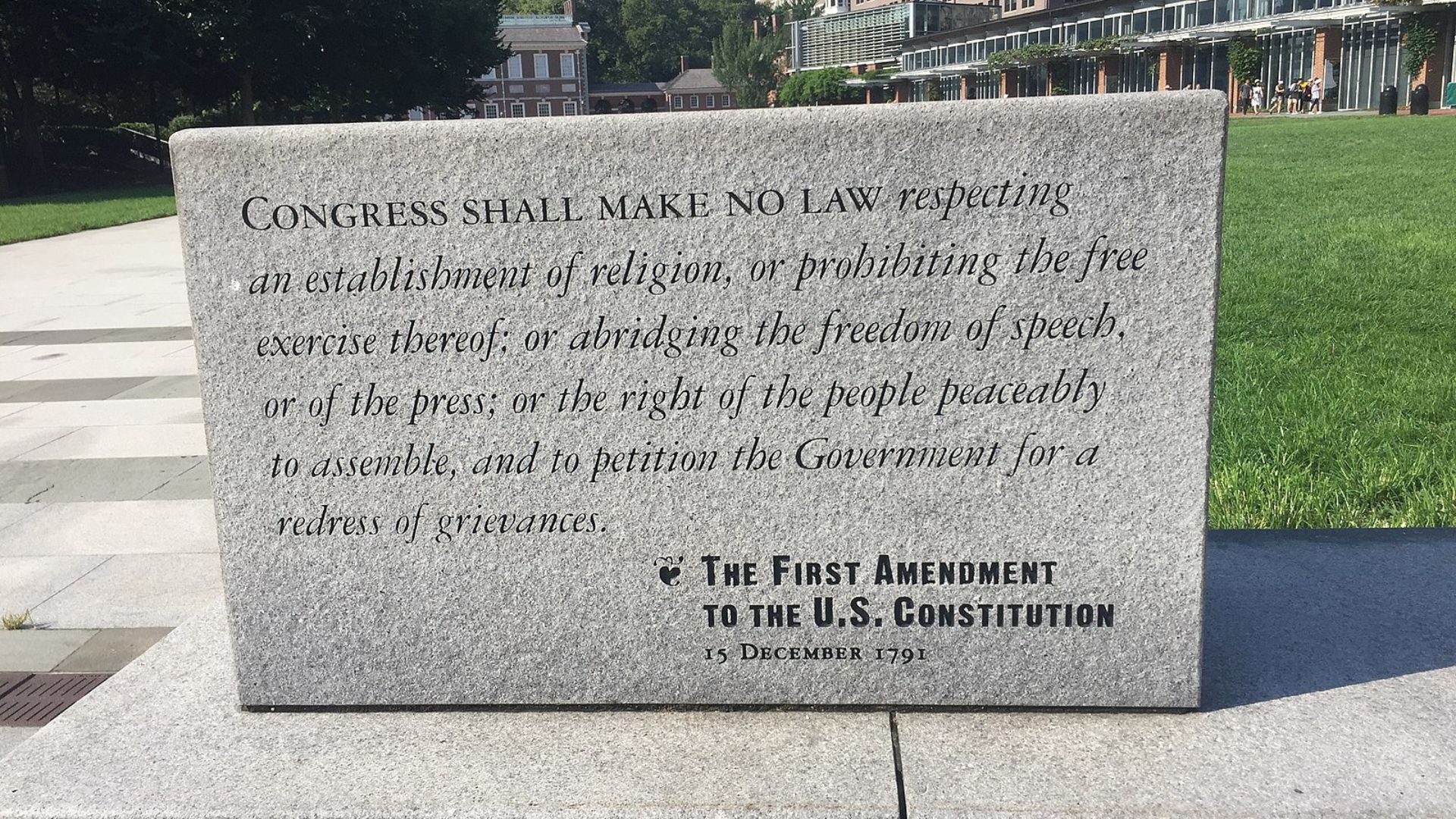
“The policy and the decision blocking the Knights of Columbus from continuing their long-standing religious tradition is a blatant violation of the First Amendment and the Religious Freedom Restoration Act,” John Moran, the attorney for the Knights of Columbus, stated.
This statement illustrates the legal basis for their lawsuit.
Immediate Legal Response
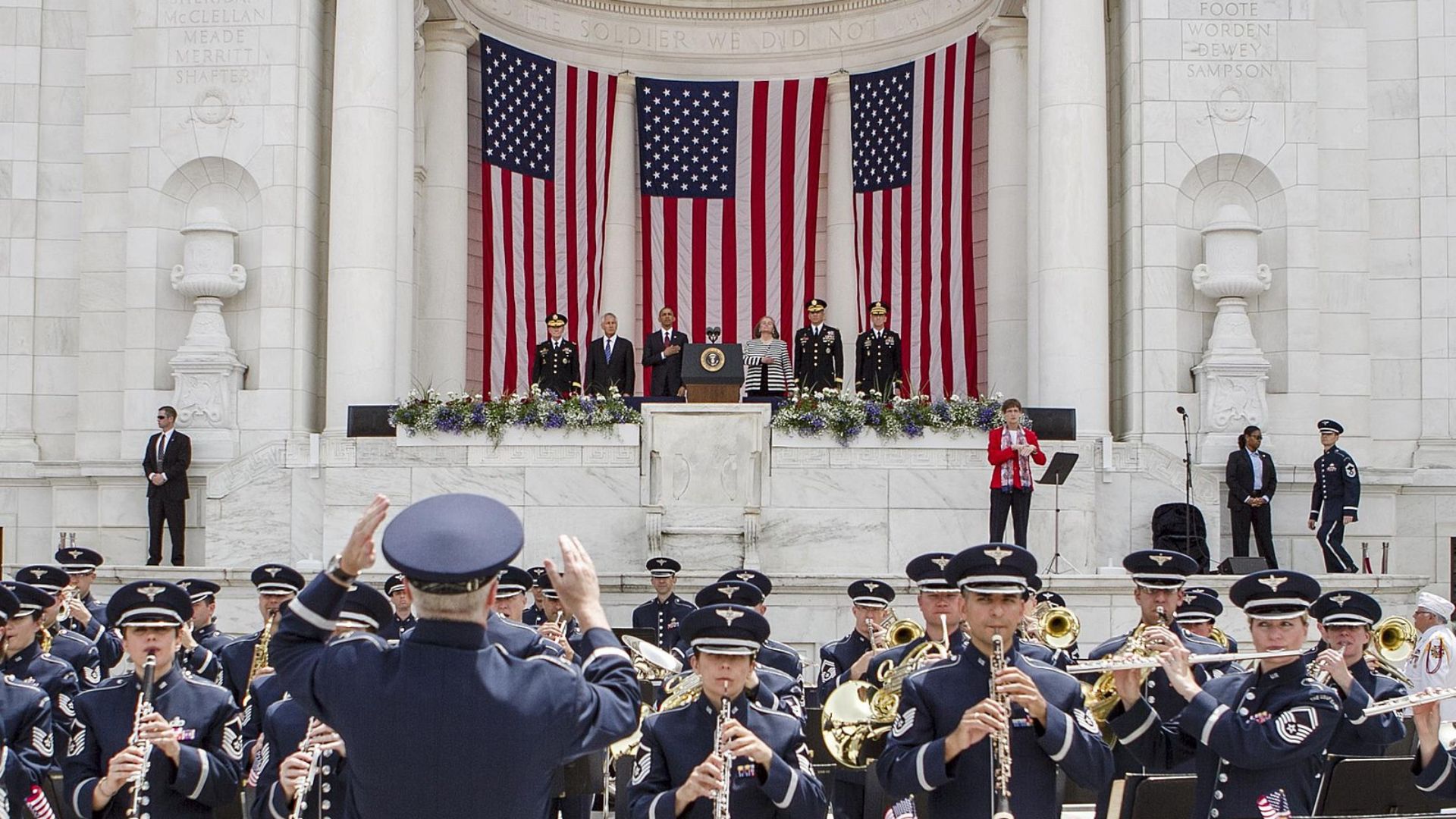
In reaction to the ban, the attorney representing the Knights of Columbus has appealed to the court for immediate intervention.
“We urge the court to grant our restraining order and allow the Knights to hold their service this Memorial Day,” said John Moran, highlighting the urgency of their request in a press release.
Historical and Global Presence
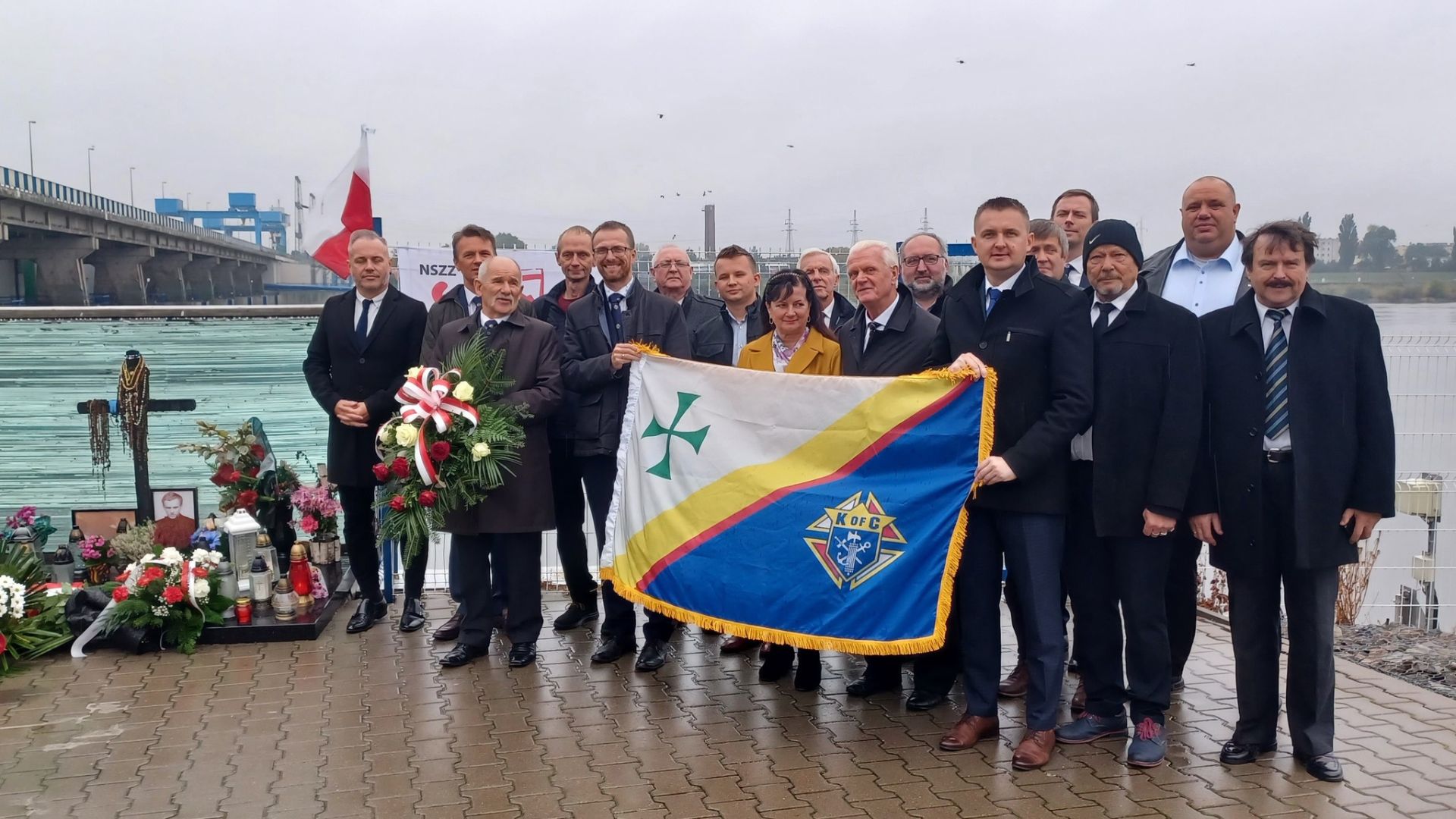
The Knights of Columbus was founded in New Haven, Connecticut in 1882 and has grown into a global welfare organization with more than two million members worldwide.
Their activities, extending beyond community services, include this long-standing Memorial Day mass that has now come under scrutiny.
Interpretation of NPS Regulations
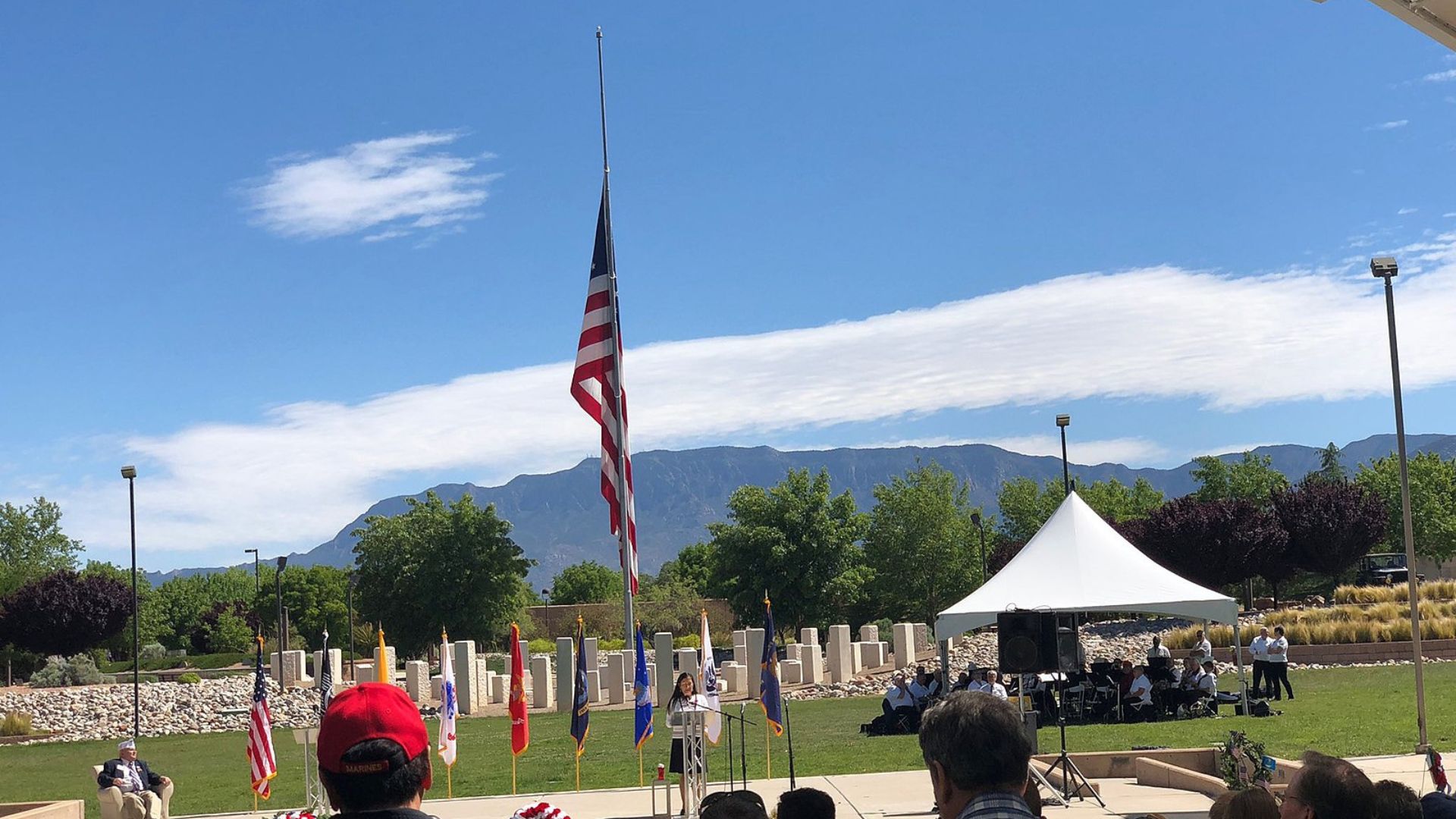
Historically, the NPS rules have classified religious services and vigils as ‘demonstrations.’ An exemption existed for official commemorative events like Memorial Day, allowing such services at national cemeteries.
The controversy arose from a policy change in 2022, which tightened these exemptions.
Official Stance on Cemetery Activities
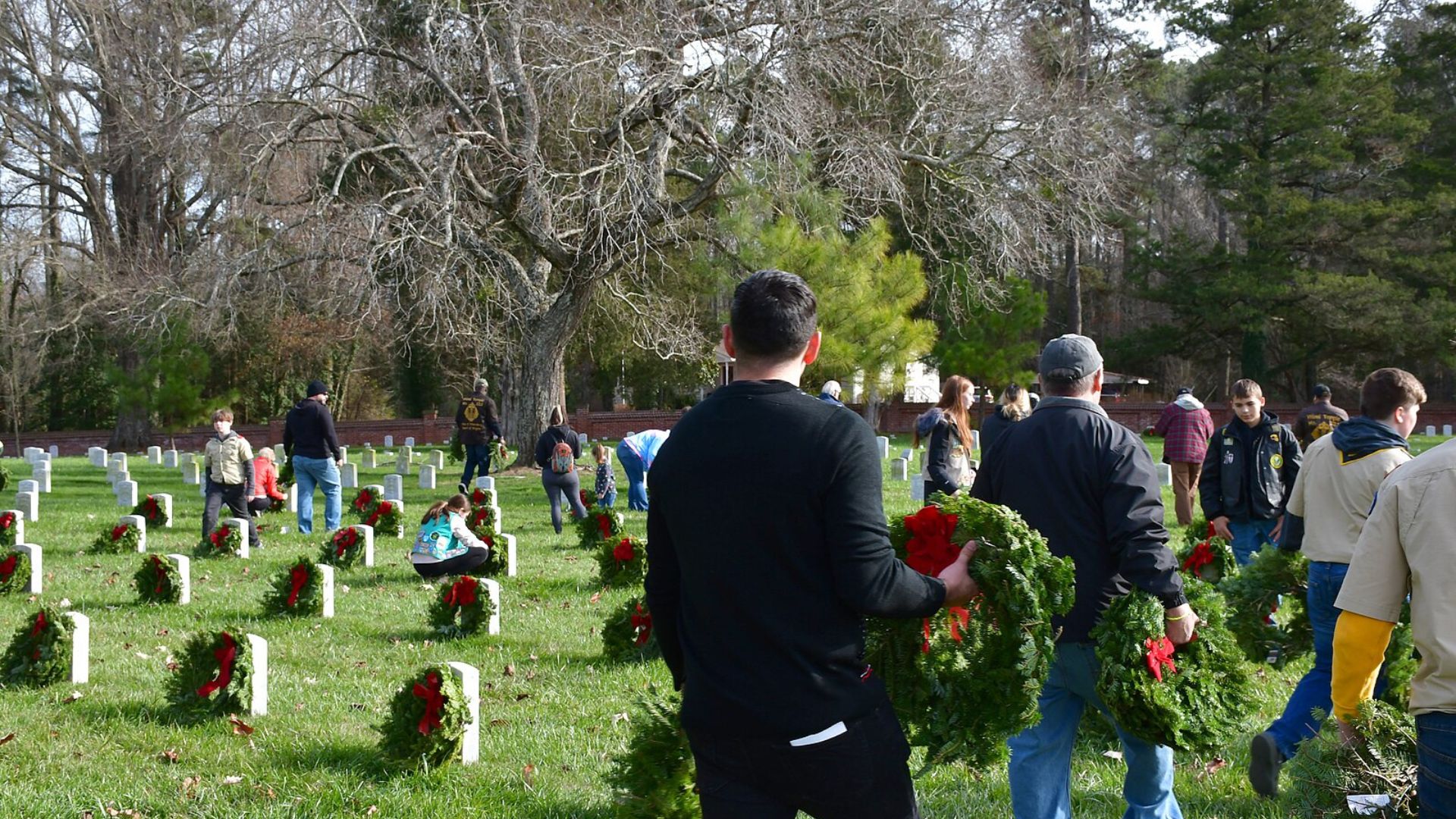
Alexa Viets, superintendent of the Petersburg National Battlefield, emphasized the reserved nature of national cemeteries, stating, “National Cemeteries are established as national shrines in tribute to those who have died in service to our country.”
This statement reflects the NPS’ viewpoint on maintaining the sanctity of these sites.
Restrictions on Cemetery Use
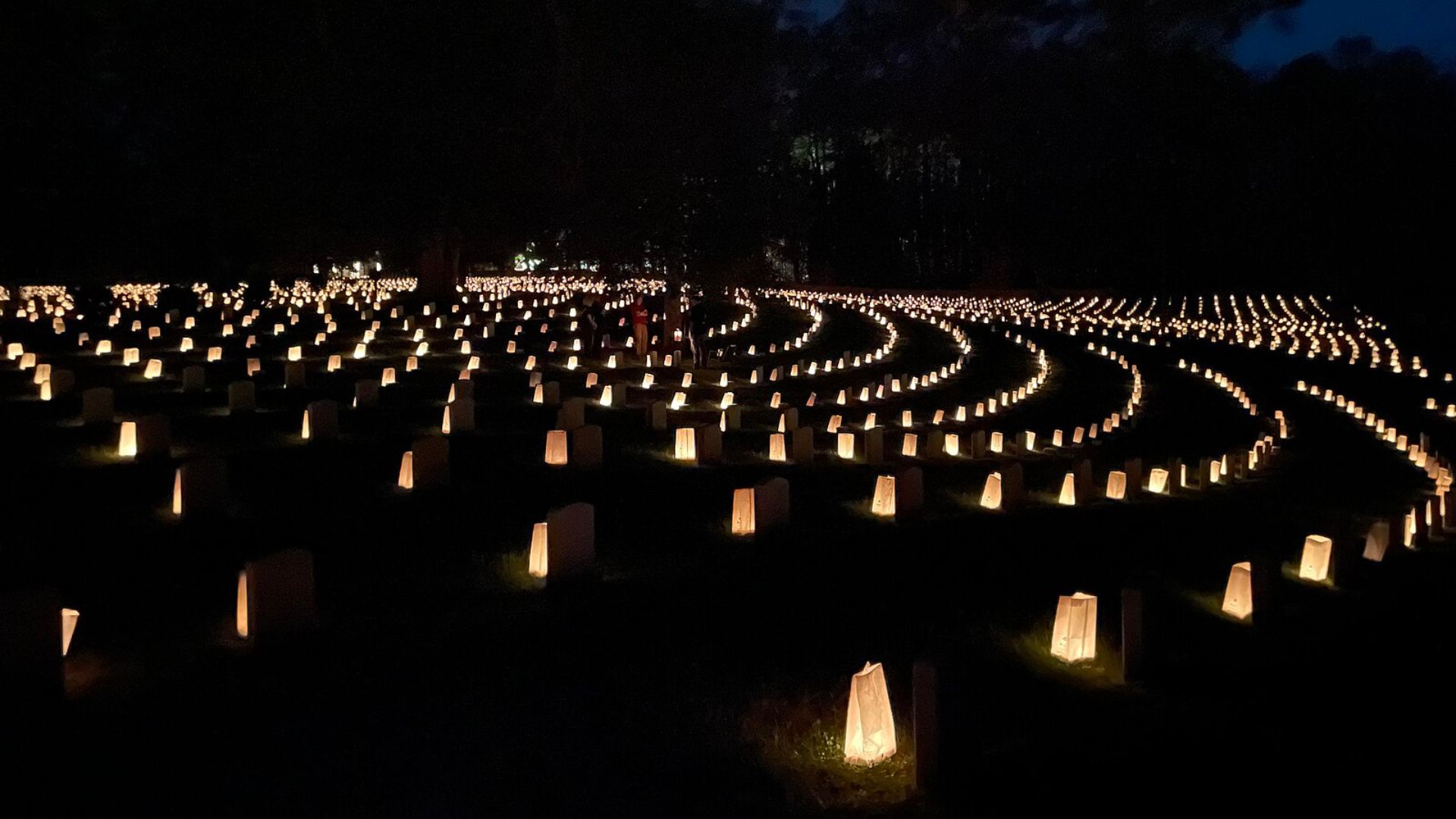
Viets further explained the restrictions on activities within the cemetery.
They specified that only those with direct military connections or historic significance are allowed, emphasizing the limited scope for approved activities.
A Historical Irony
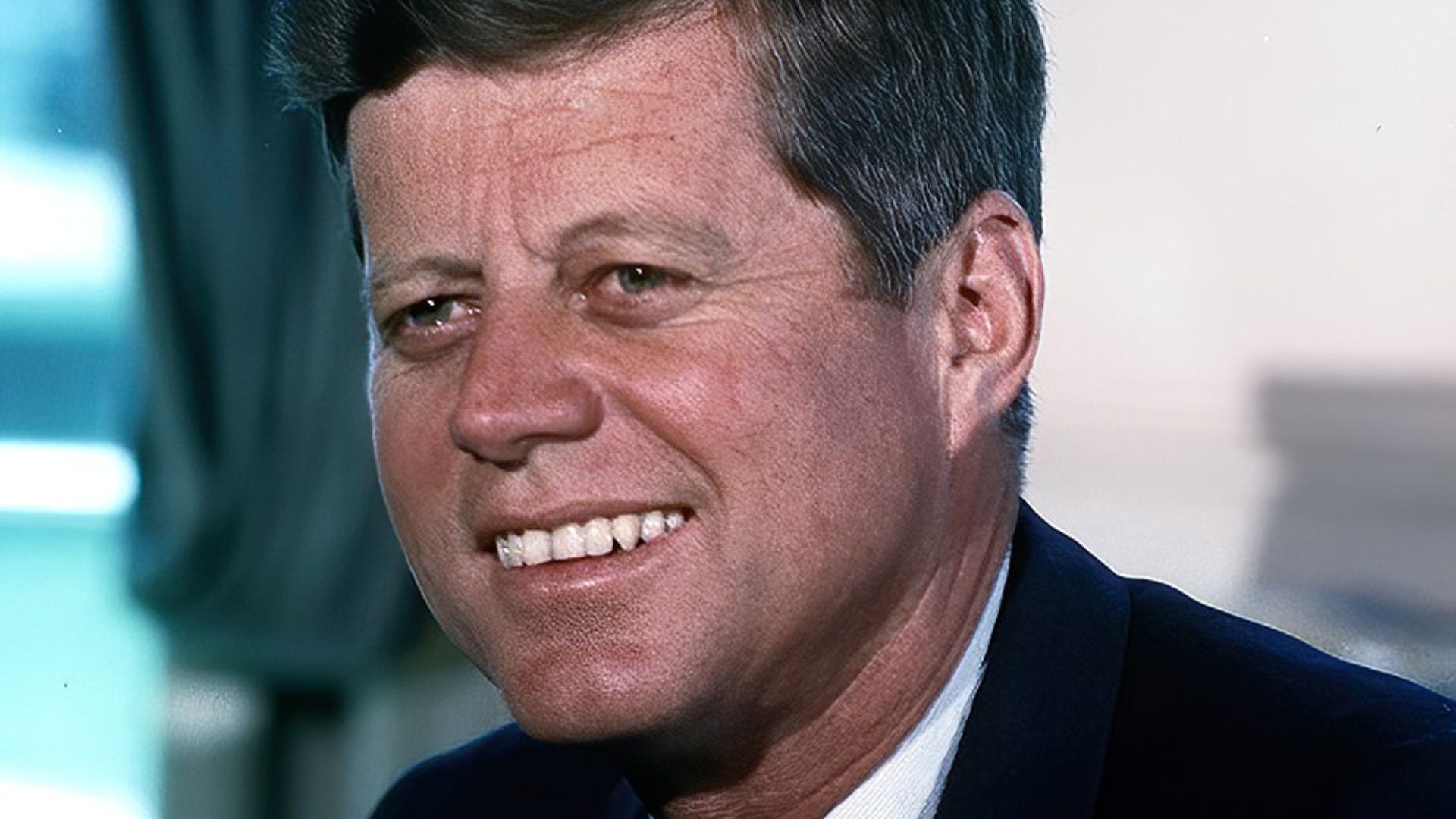
This legal struggle comes with a historical twist, as former President John F. Kennedy, a notable member of the Knights of Columbus, contrasts sharply with the current Catholic president who now faces this lawsuit.
This situation highlights a unique historical connection and current conflict without implying causation or correlation.
Optimism for a Resolution
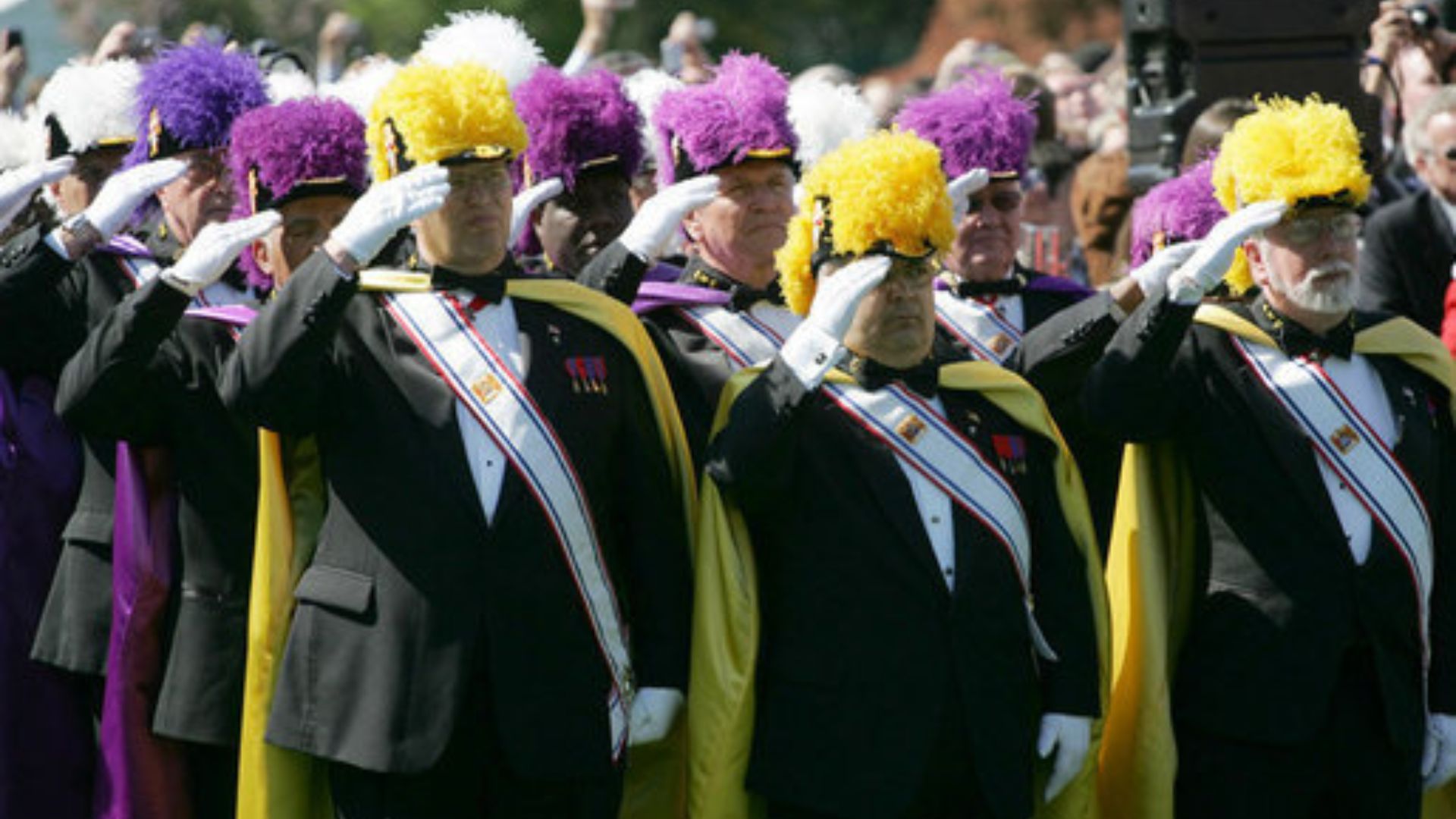
Roger Byron of the First Liberty Institute was optimistic about resolving the situation without further conflict.
He said, “There must have been some kind of oversight or miscommunication, and that the park service is simply going to approve the permit.”
Warning of Further Implications
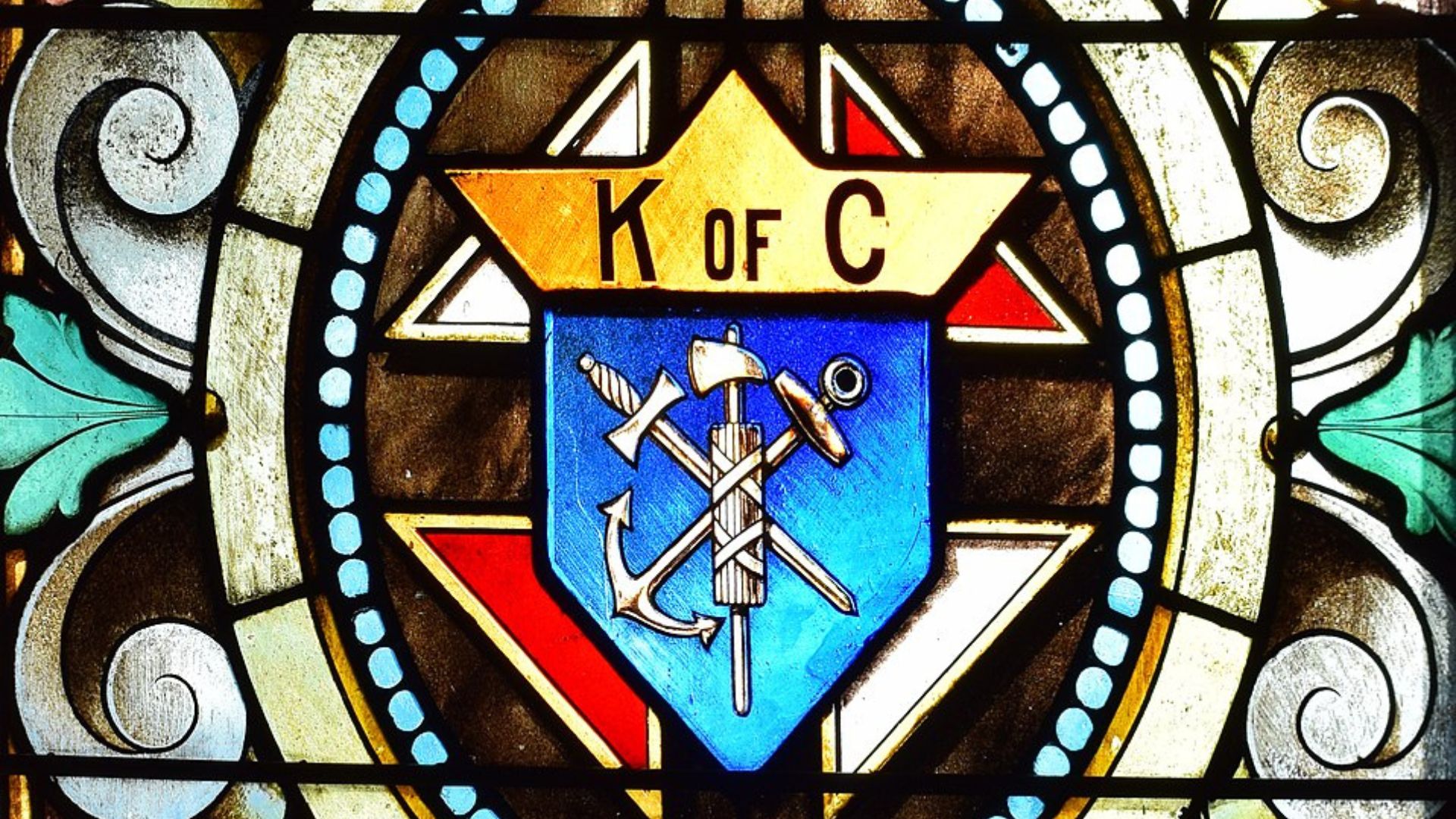
Byron said, “If they don’t, we’ll know that something else has happened — something that bears the unmistakable marks of religious discrimination.”
This statement indicates potential deeper issues at play if the situation does not resolve favorably.
Criticism of NPS’ Approach
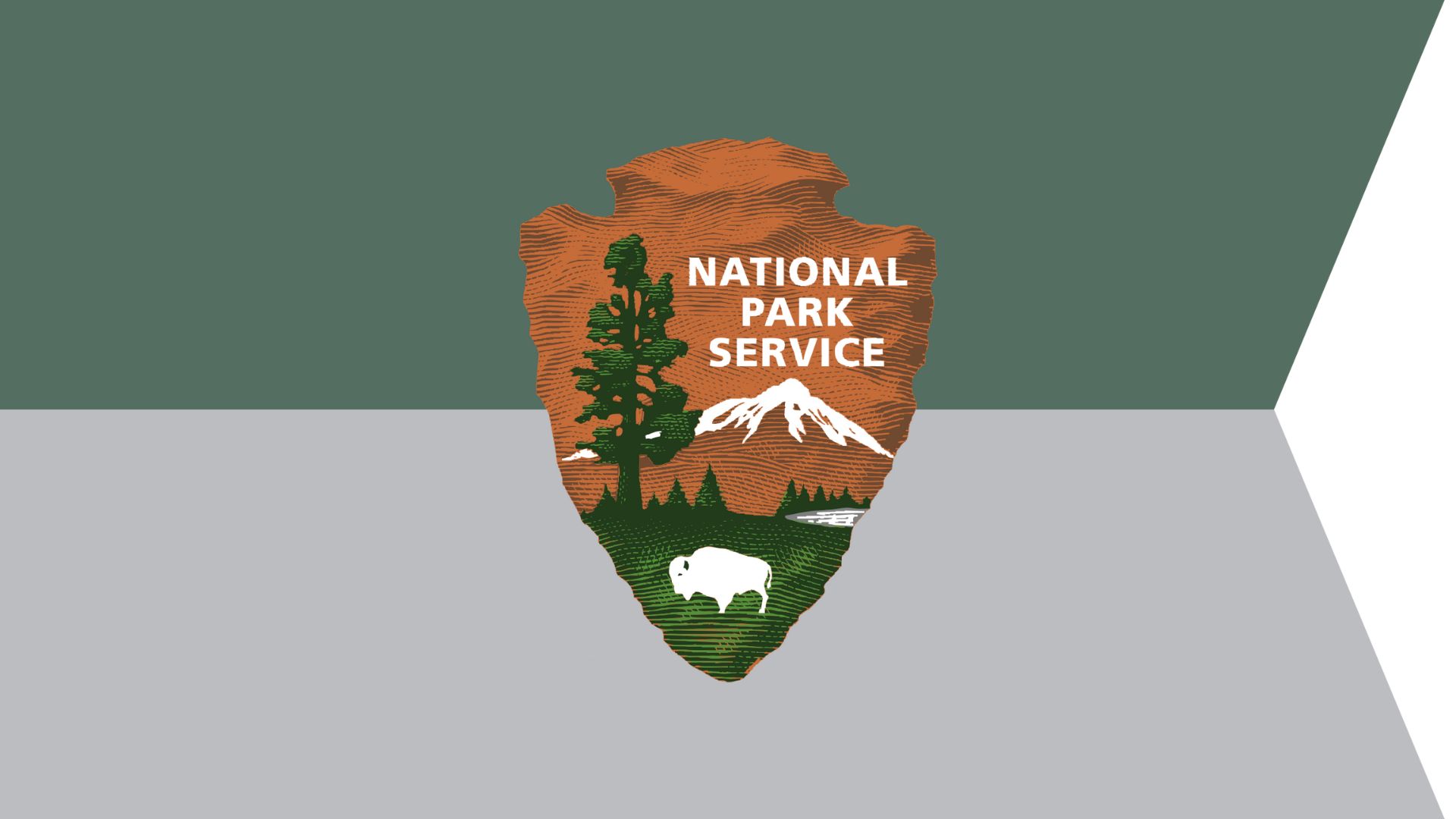
“The National Park Service is way out of line,” Byron said.
He articulates a critical view of how the NPS has handled the situation, reflecting the tensions between maintaining public order and respecting religious traditions at national sites.
Limiting the First Amendment at National Parks
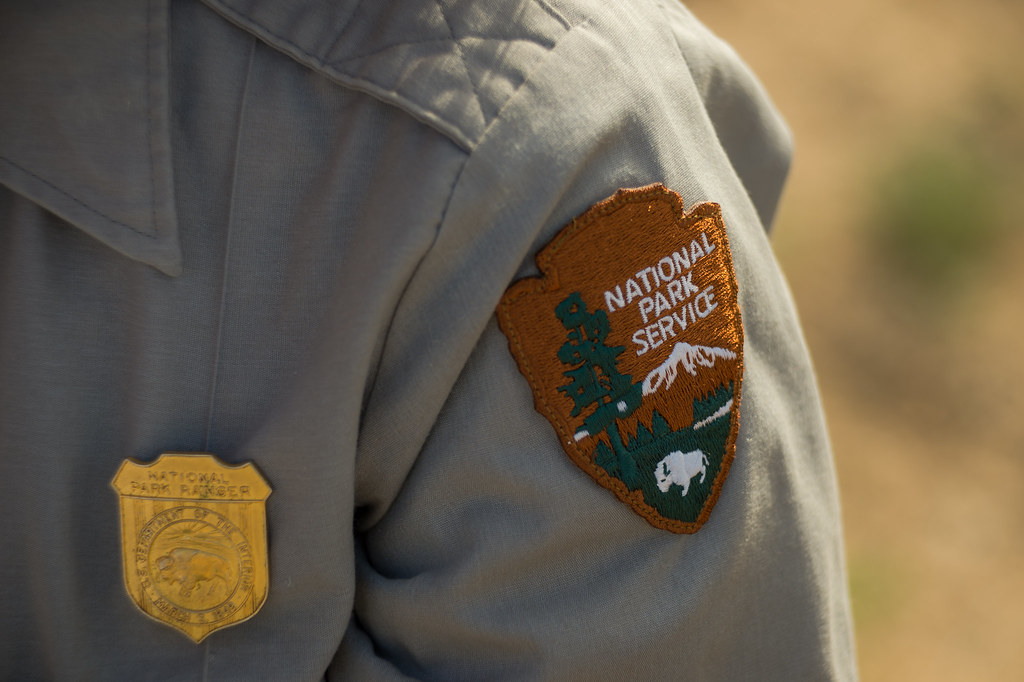
According to the motion, NPS officials stated that they would permit the Knights to celebrate Mass in a grassy strip near the parking lot, designated as a “First Amendment area.”
Officials barred the Knights from holding their service inside the cemetery for the first time in over 64 years.
A Long-Standing Tradition
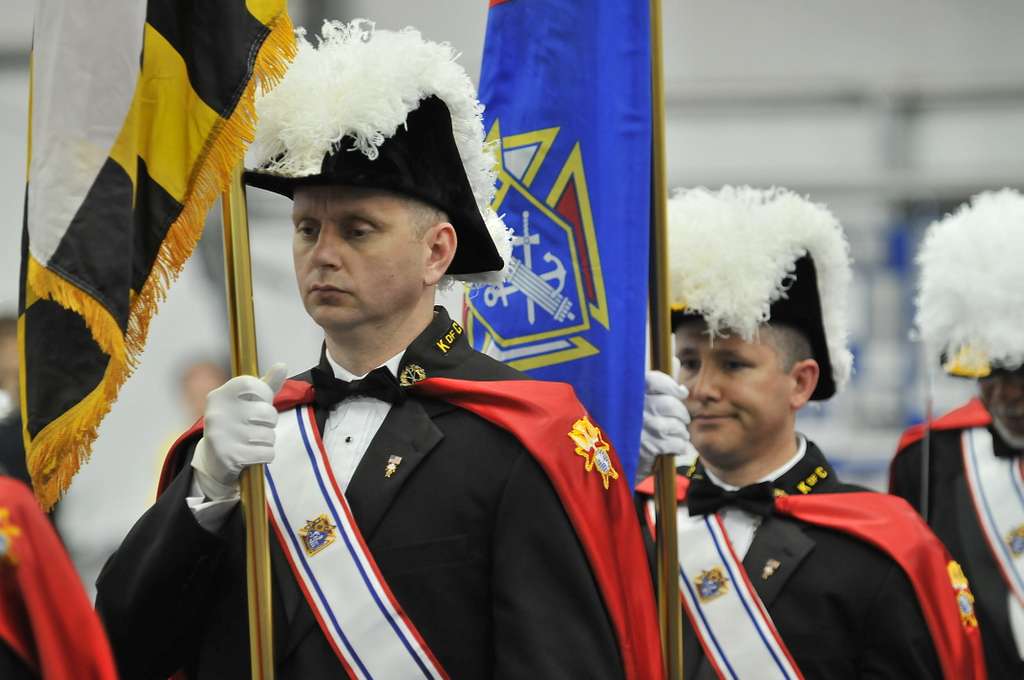
The Knights have held a Memorial Day Mass at the Poplar Grove National Cemetery in Virginia since 1960. This is the second time that the long-standing tradition has faced interference from the NPS.
Last year, the religious group was denied a permit at the cemetery where they hold their “demonstration” each year.
NPS’ Rules on Demonstrations
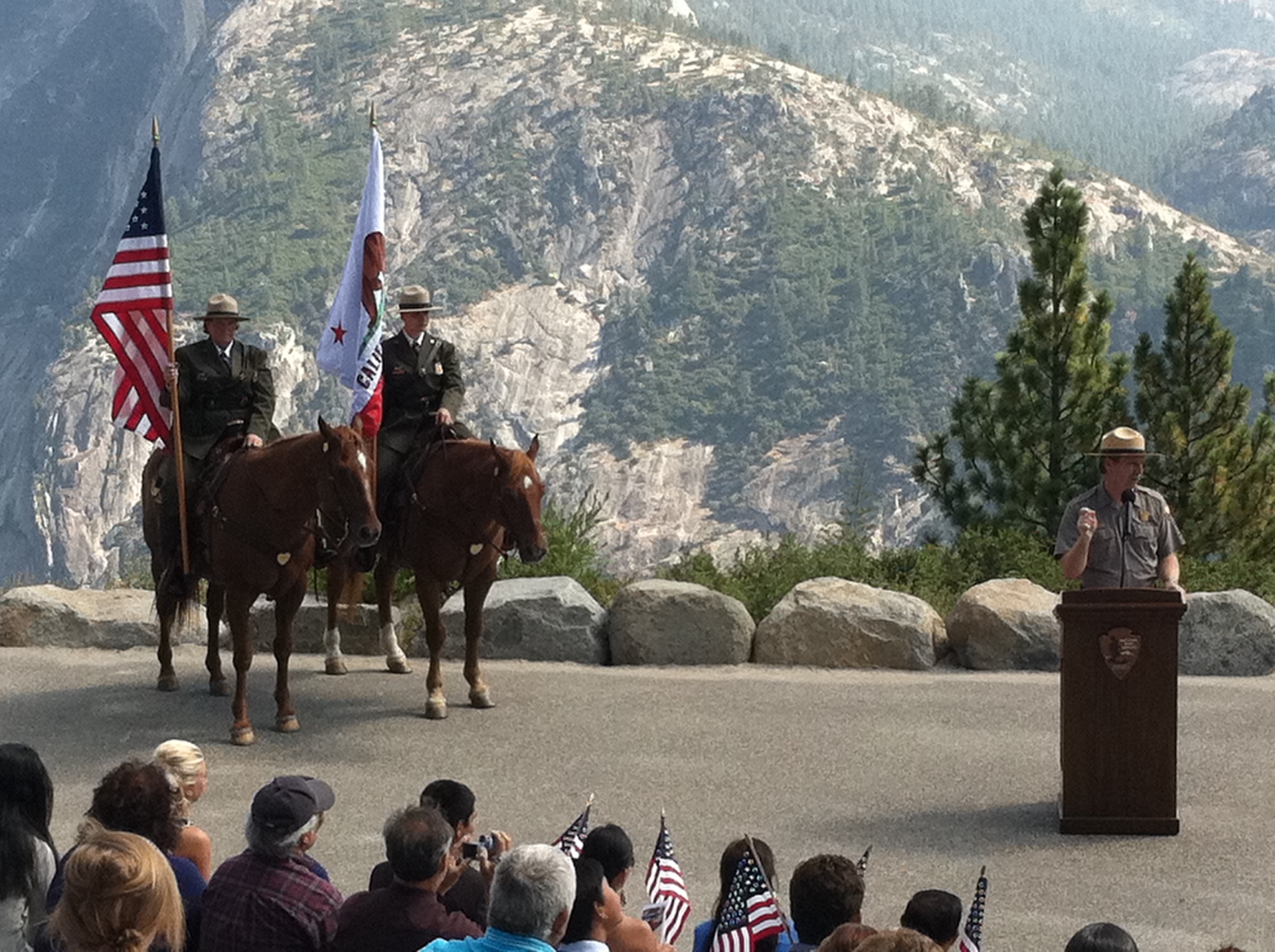
Since 1986, religious services and vigils have been classified as “demonstrations” at national parks (via NPS). These non-permitted services and vigils are prohibited in national cemeteries.
The rules state that conducting a special event or demonstration, whether spontaneous or organized, is prohibited except for official commemorative events conducted for Memorial Day, Veterans Day, and other dates designated by the superintendent as having special historic and commemorative significance to a particular national cemetery. This restriction does not apply to committal services.
A New Interpretation of Old Regulations
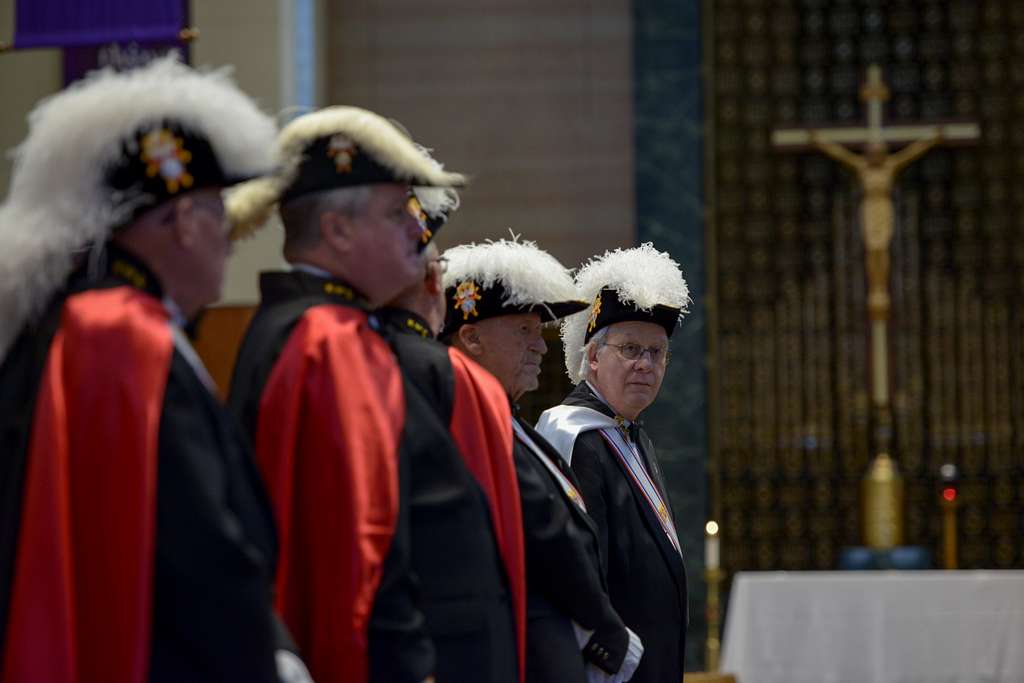
Attorneys for the Knights argued that the NPS’s decision was based on a “new interpretation of old regulations.” The regulations forbid demonstrations—defined as a public expression of views—that are “reasonably likely to attract a crowd or onlookers.”
For 36 years, the organization had been able to celebrate Mass under those regulations, the motion says.
A Fight to Keep Tradition Alive
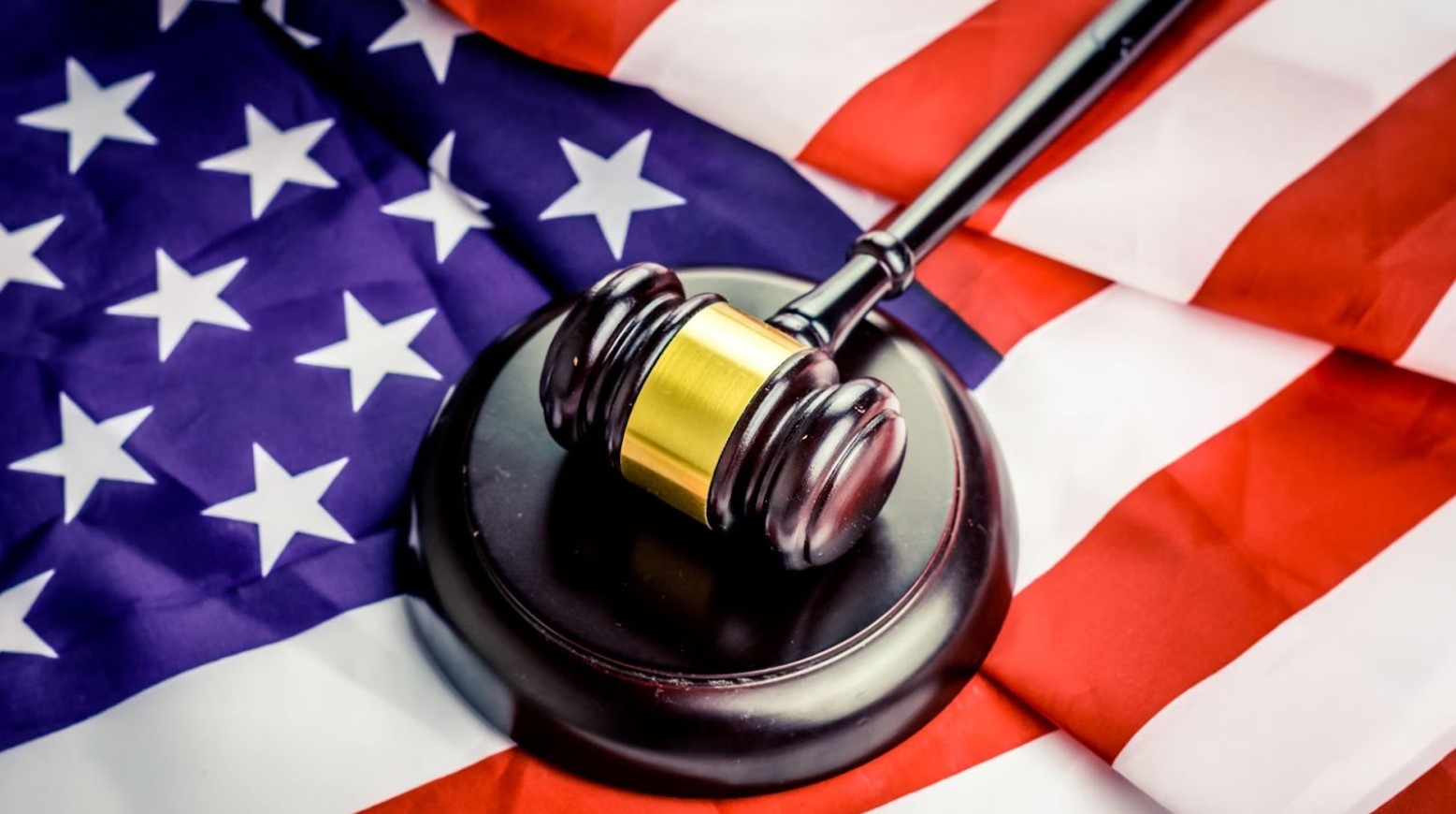
Attorneys representing the Knights said the group had been conducting a mass or prayer service at the cemetery every Memorial Day for at least 60 years until a recent policy change.
“This is the kind of unlawful discrimination and censorship RFRA and the First Amendment were enacted to prevent,” Byron said. “Hopefully, the court will grant the Knights the relief they need to keep this honorable tradition alive.”
Misapplying Regulations
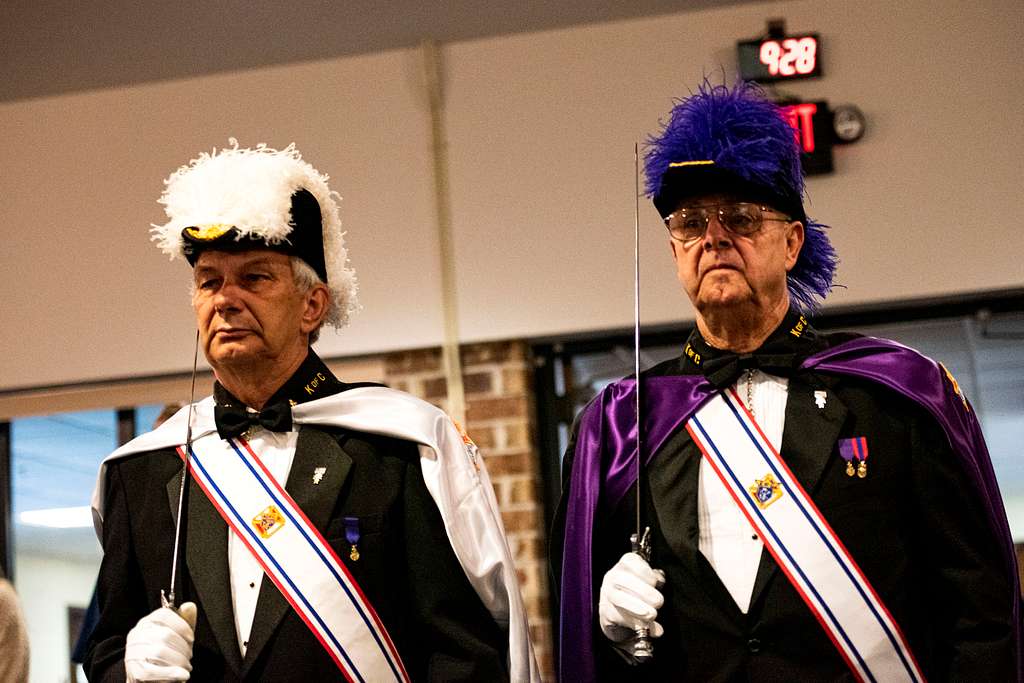
“By prohibiting the Knights from exercising their religious convictions and expressing their patriotism by praying for and honoring the fallen through a Catholic mass held inside the cemetery, NPS is misapplying its own regulations, unlawfully infringing on the Knights’ First Amendment rights and violating the Religious Freedom Restoration Act,” the motion said.
The Knights and the motion argue that other states have allowed similar demonstrations to be held in national cemeteries.
NPS Reverses Its Decision
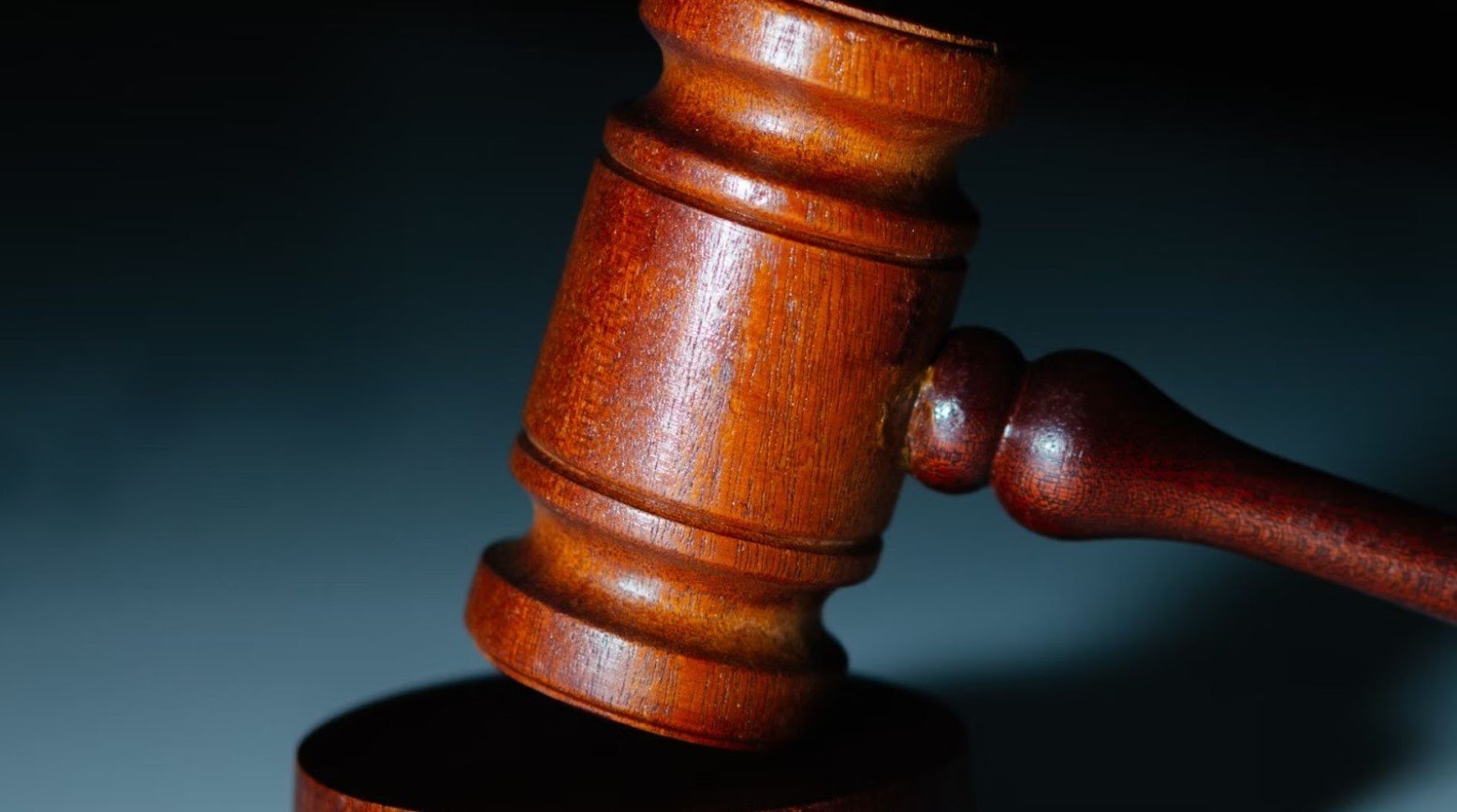
The day after the Knights claimed that the Biden administration violated the First Amendment and filed a temporary restraining order against the NPS, the NPS approved the permit.
The Knights’ attorney celebrated the reversal, expressing gratitude to the NPS for allowing this tradition to continue.
NPS Granted the Permit to the Knights
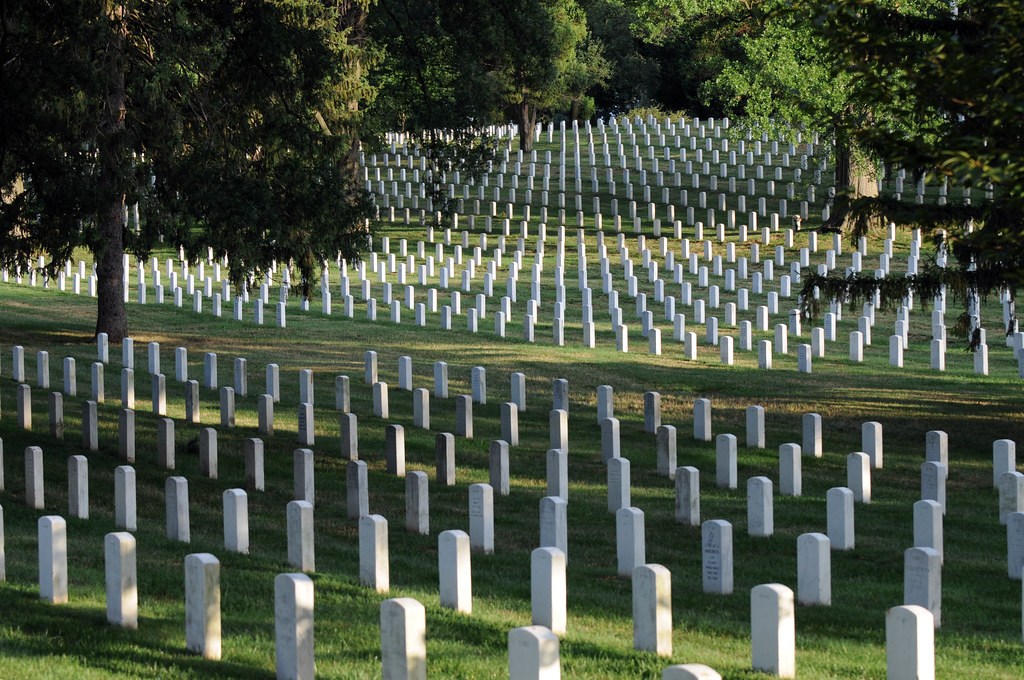
Judge John A. Gibney scheduled a hearing on the motion and the case for 1:30 p.m. the next day in his courtroom in Richmond.
However, the court abruptly dismissed the case after the NPS agreed to issue the requested permit, allowing the Knights to hold a service in the national cemetery.
Reversing a “Blatant Act of Unlawful Discrimination”
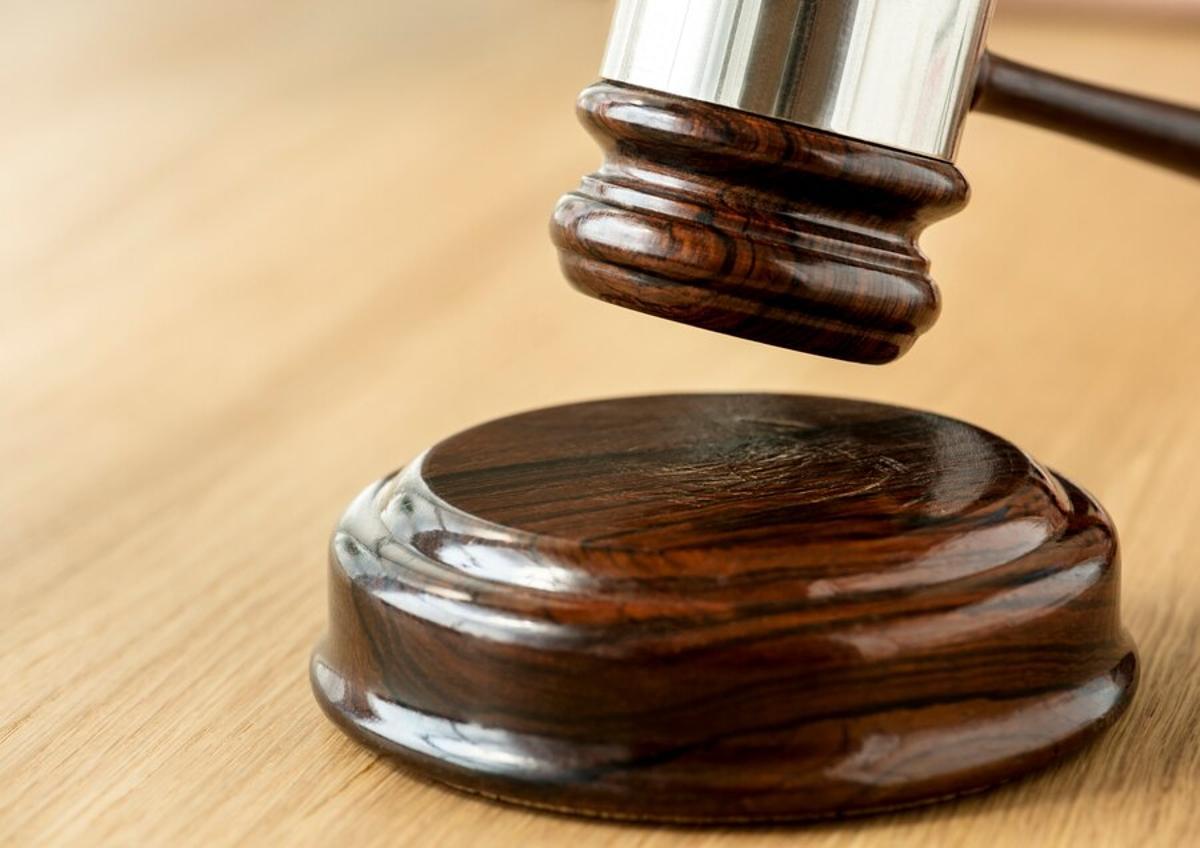
Jason Miyares, the state’s Republican Attorney General, filed an amicus brief in the Knights’ case and blamed President Joe Biden’s administration for what he called a “blatant act of unlawful discrimination.”
“The First Amendment very clearly allows religious and non-religious groups to hold these types of gatherings on government grounds,” Miyares said in a statement following the conclusion of the case. “It’s shameful and un-American that they were denied in the first place.”
Exercising Religious Beliefs
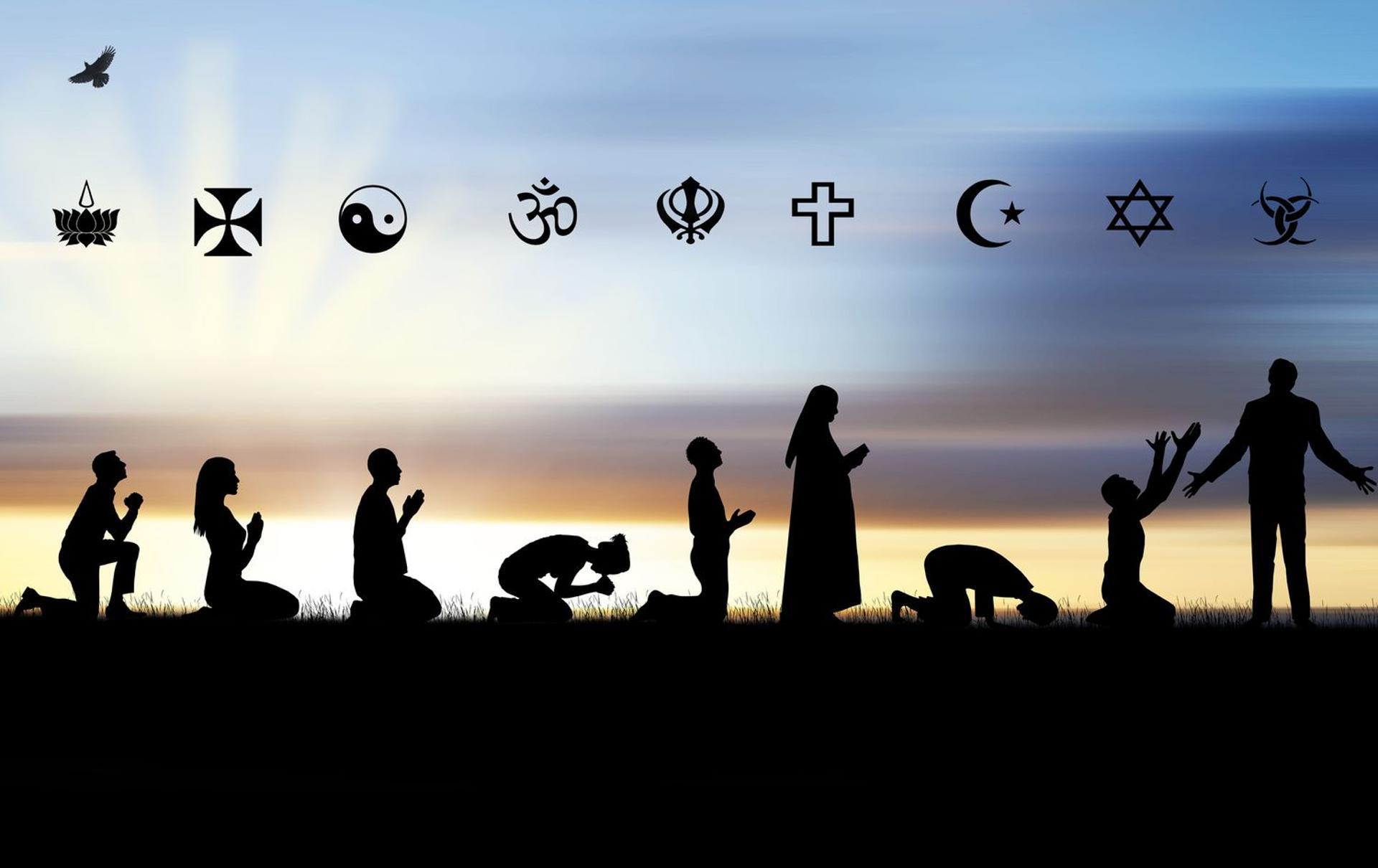
First Liberty, who also supported the Knights in the filing, thanked Miyares and Virginia Gov. Glenn Youngkin for their assistance in this legal win.
“The Knights are thrilled that they will be able to exercise their religious beliefs and keep this honorable tradition alive. We appreciate the tremendous support of Governor Youngkin and Attorney General Miyares in this case,” Senior Counsel Roger Byron announced in a press release.
NPS Wants to Charge You
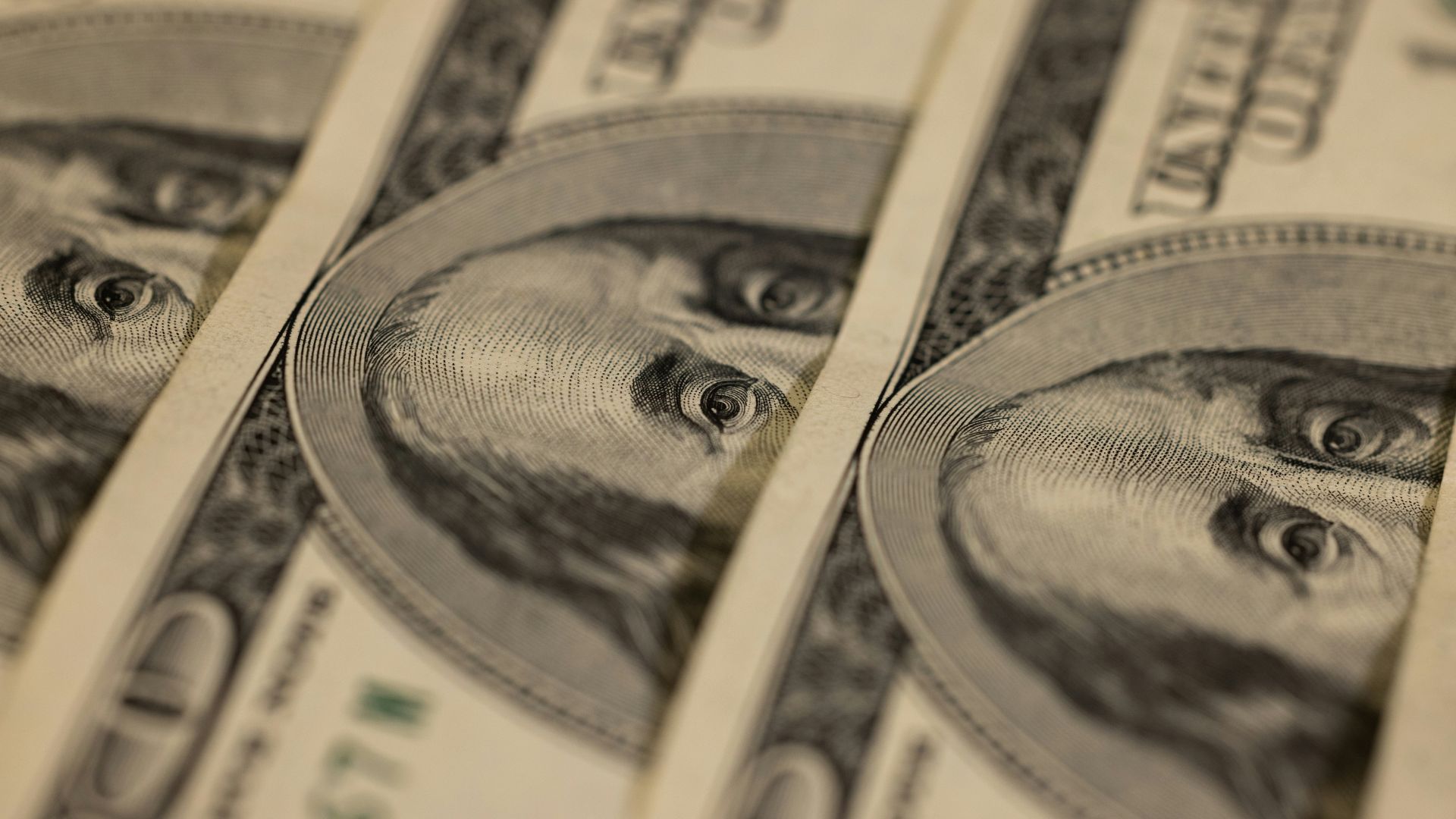
This is the first time the NPS has come under fire for modifying rules that govern free speech demonstrations and special events in the US.
In 2018, 14 proposals were under consideration, one of which was a fee for demonstrations of 25 or more people around the National Mall in Washington, D.C.
The NPS and Future “Demonstrations”
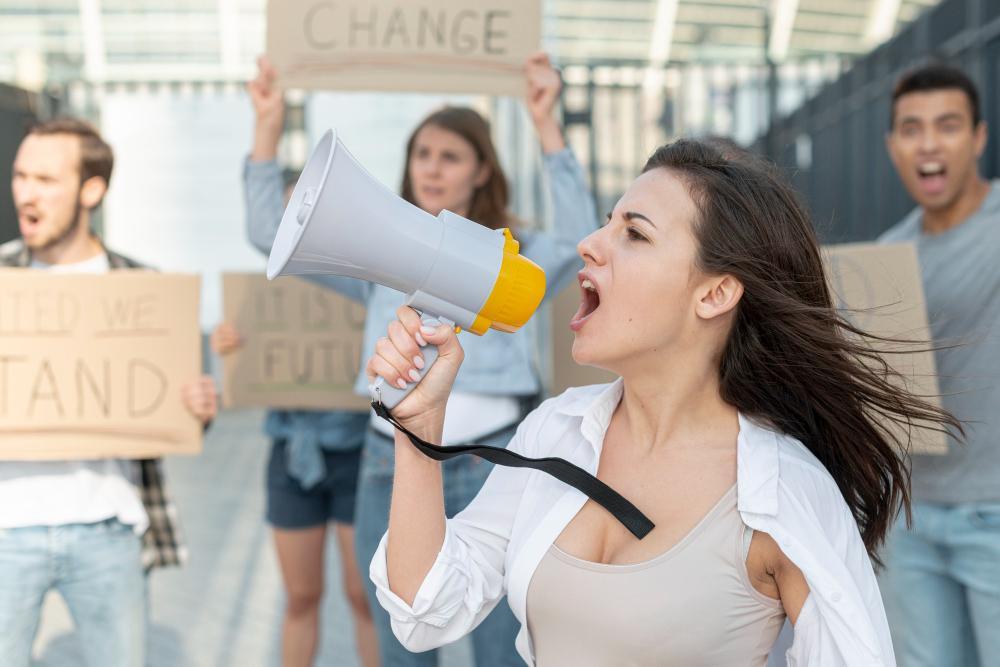
The NPS oversees more than 1,000 acres of parkland and public spaces in D.C., including the National Mall, the White House, and various historic locations and landmarks.
If individuals or organizations want to hold events at any of these spaces, they must apply for and receive a federal permit. This is, of course, contingent on their adherence to the many rules and regulations proposed by the NPS, some of which are open to interpretation.
